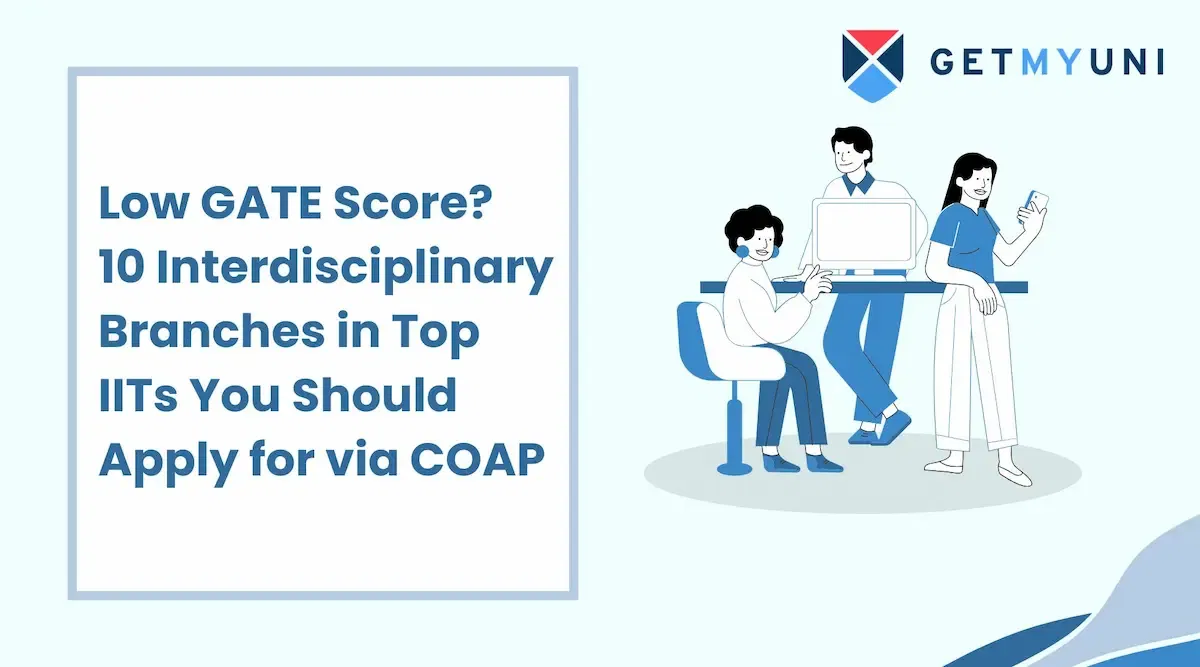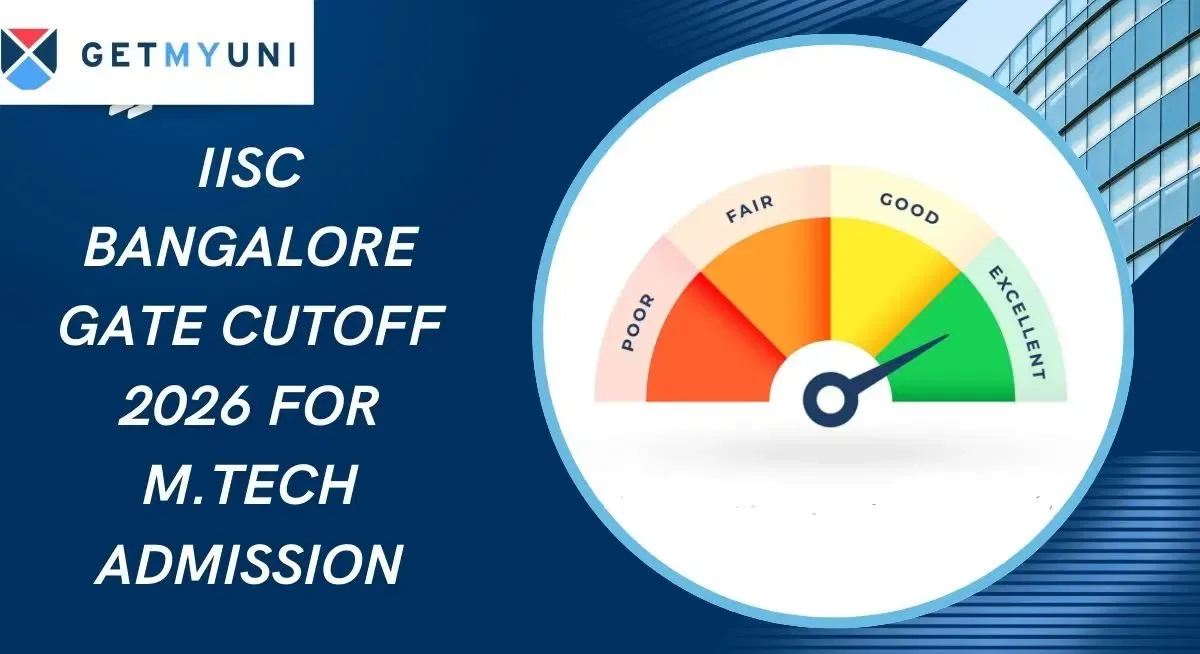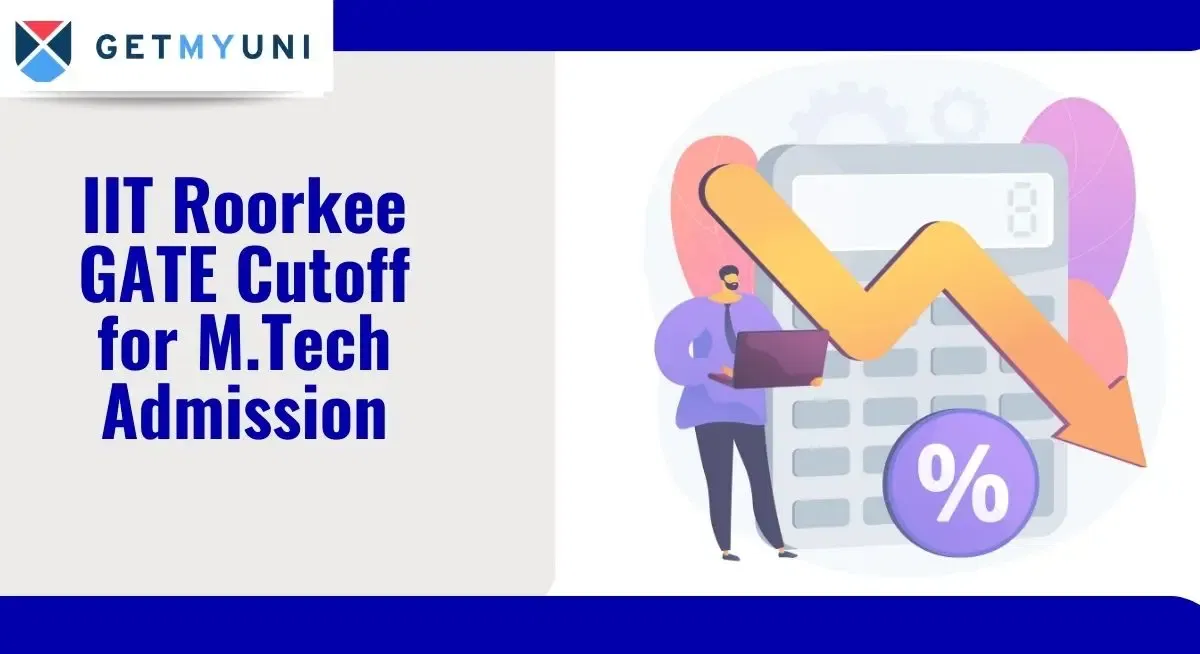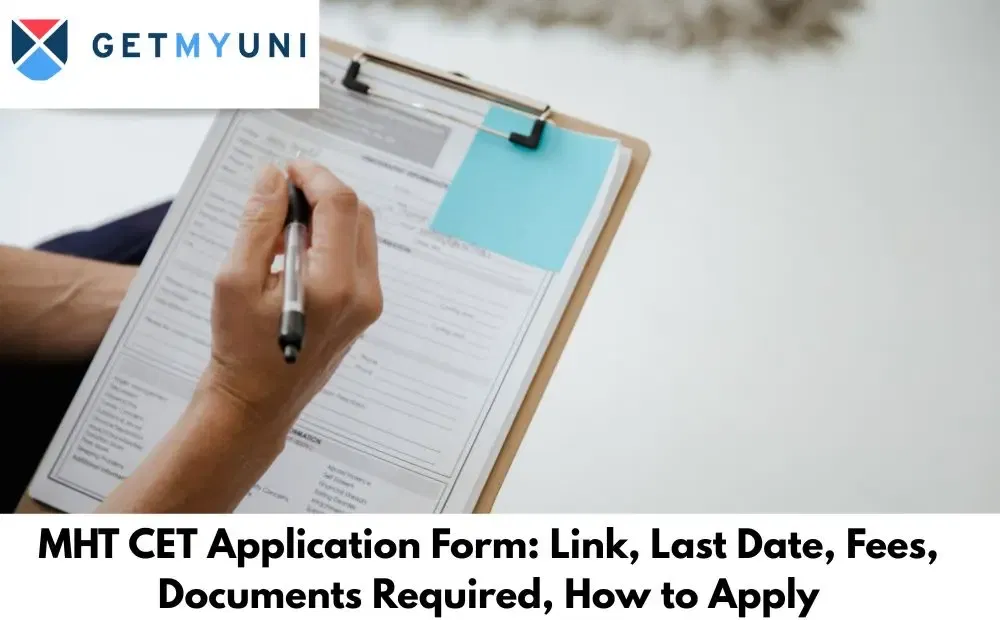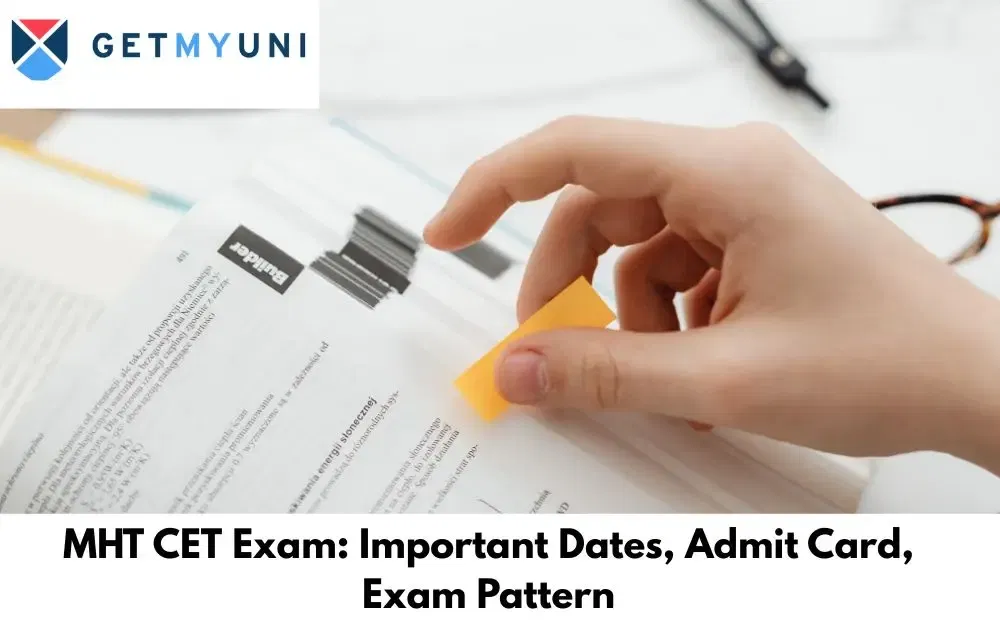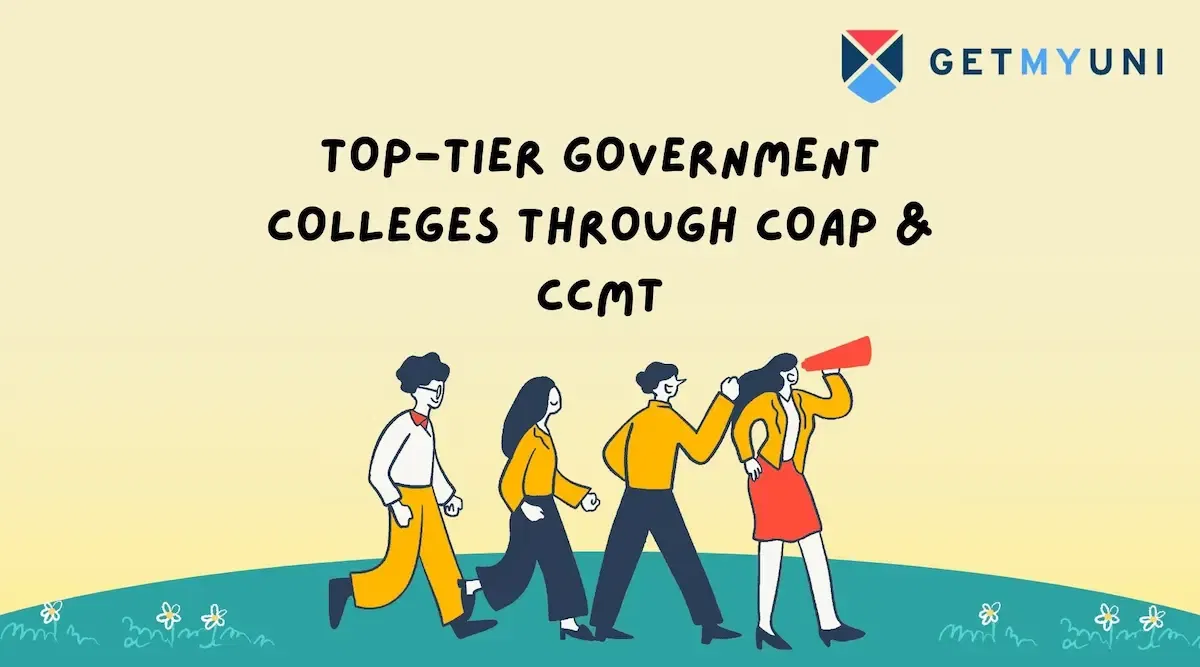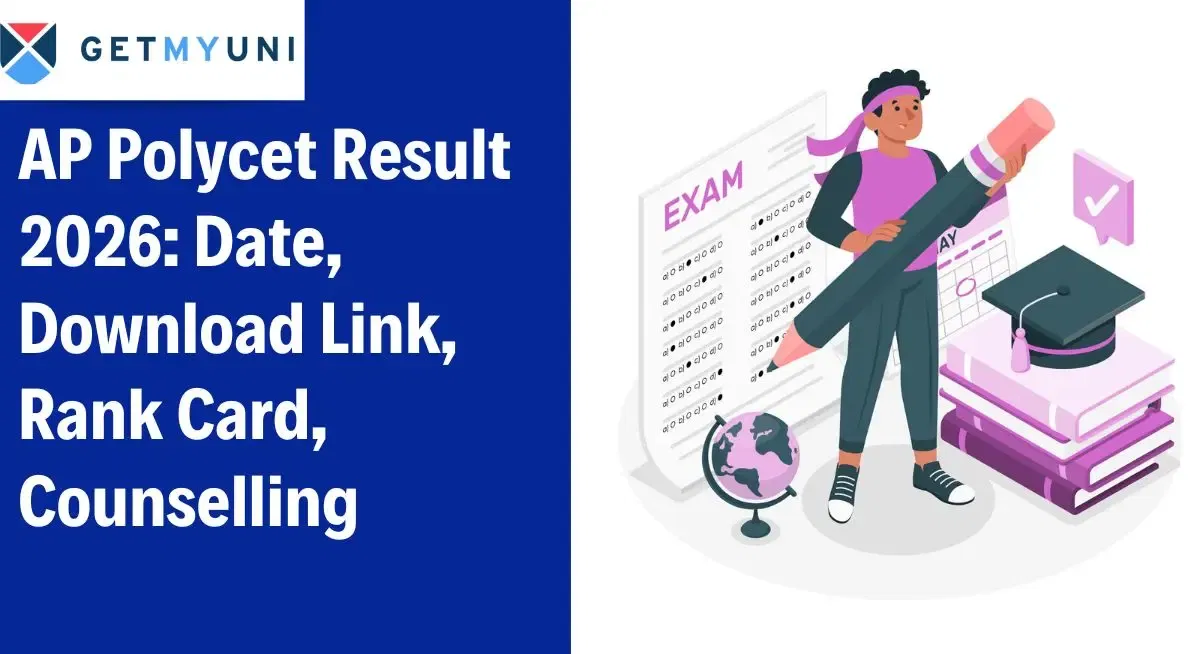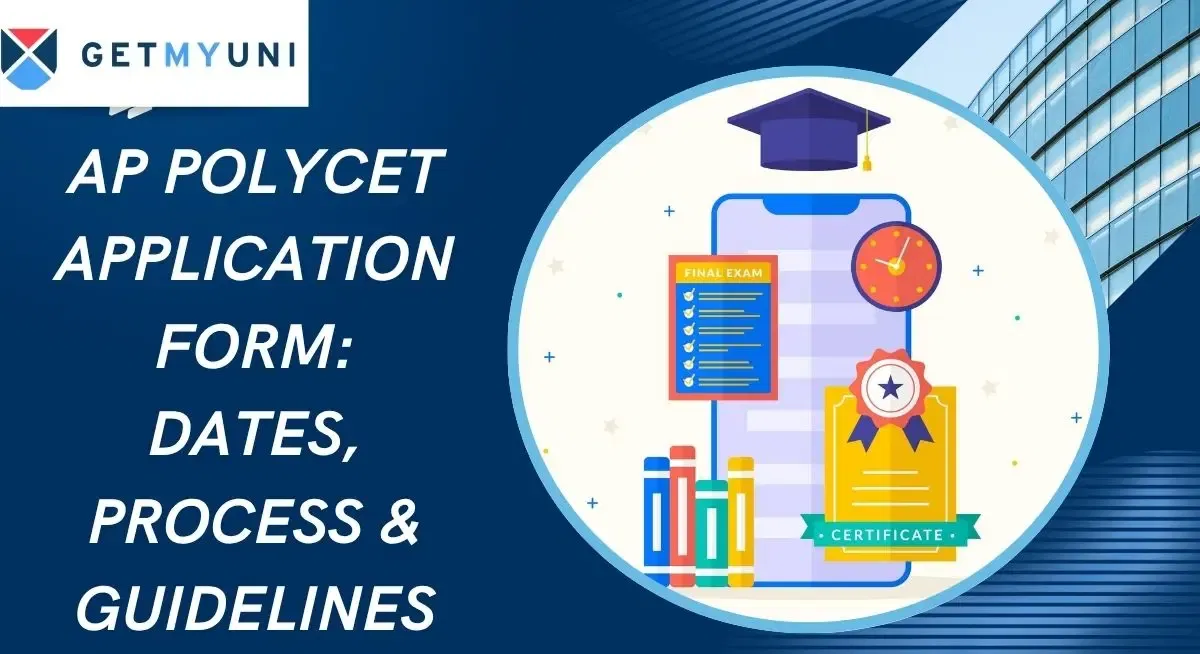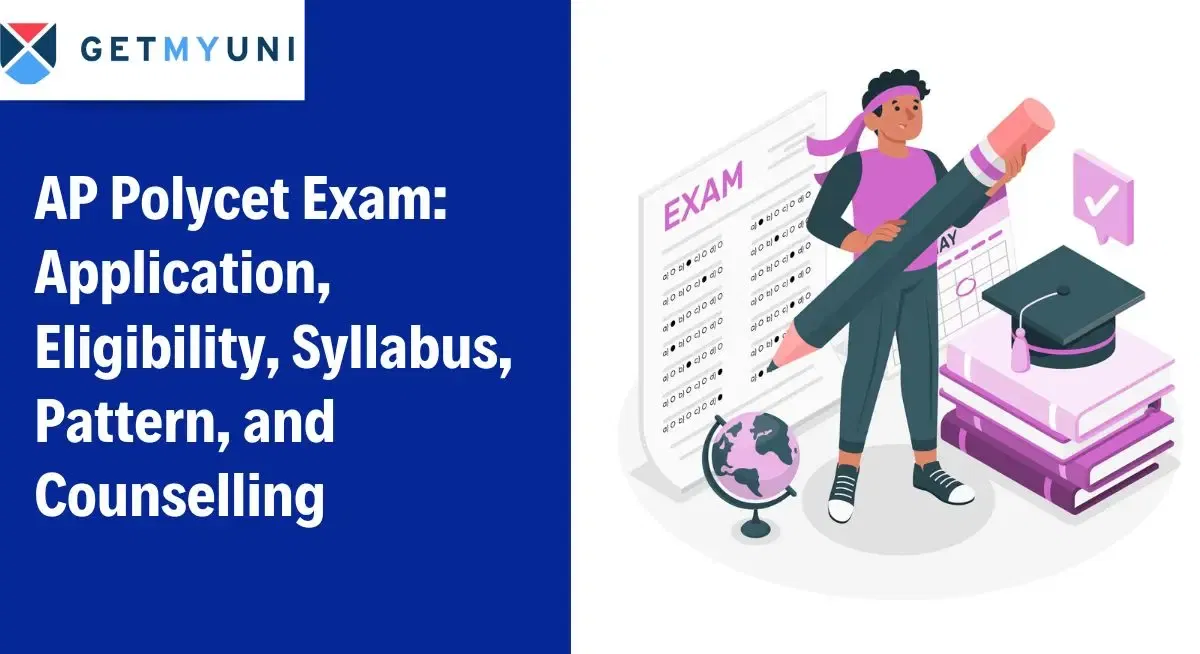Balancing job and preparing for GATE exam can be challenging for aspirants however by following strategies like addressing the challenges, devising a study plan, choosing the right GATE books, etc can make it work.
Balancing job and GATE preparation can be done right if you understands the challenges and strategise their study and revision plan. Having a balanced routine that works best for their job and preparation, and devising a study goal is the key to balancing the job and GATE preparation 2026.
The GATE 2026 exam is scheduled for Feb 7, 8, 14, and 15, 2026. Balancing job and GATE preparation can be challenging for the aspirants; however, with the right strategies and plan, it is possible to crack GATE 2026 with a job. Some of the best tips to pass the GATE along with a job is shared below.
How to Prepare for GATE with a Job?
Here are some of the best tips on how to balance a job and GATE preparation:
1. Understanding the Challenges
You need to jot down the areas of challenge while working and preparing for the GATE exam 2026 simultaneously. The following are some areas that the aspirants must focus on:
- Calculate the number of hours that one can contribute in a day or in a week, to devise the study plan accordingly
- Set small and doable goals per week, and try to achieve them to motivate themselves
- Make sure that they put commendable efforts into the goals set with dedication
2. Know the GATE Syllabus and Exam Pattern
Understanding the GATE 2026 syllabus and exam pattern plays a crucial role in exam preparation. Given below is the GATE 2026 exam pattern. Students can access the GATE syllabus 2026 by visiting the official website at gate2026.iisc.ac.in.
|
Particulars |
Details |
|
Examination Mode |
Computer-Based Test |
|
Language |
English |
|
Duration |
3 hours (180 minutes) |
|
Number of GATE Papers |
30 Papers |
|
Sections |
General Aptitude (GA) + Selected subject |
|
Type of Questions |
Multiple Choice Questions (MCQ), Multiple Select Questions (MSQ), and /or Numerical Answer Type (NAT) Questions |
|
Marking Scheme |
Questions carry 1 mark or 2 marks |
|
Negative Marking |
For a wrong answer chosen in an MCQ, there will be a negative marking. For a 1-mark MCQ, a 1/3 mark will be deducted for a wrong answer. For a 2-mark MCQ, a 2/3 mark will be deducted for a wrong answer. There is no negative marking for wrong answer(s) to MSQ or NAT questions. There is no partial marking in MSQ. |
|
Total Number of Questions |
65 Questions (including 10 questions from General Aptitude) |
|
Total Marks |
100 Marks |
3. Devise a Study Plan that Works
You must plan their study with proper breaks, manage their job, and GATE preparation using proper strategies. Here are some tips on how to devise a study plan for GATE preparation with job:
- Break down the syllabus into small portions and allocate them according to the time spent for study in each day
- Based on the availability of time, you must be able to complete the syllabus at least a month before the exam to make time for revision and mock assessments
- You can also refer to the GATE 2026 sample papers and previous year's question papers to focus more on the important topics
4. Time Management
With a full-time job, preparing for the GATE 2026 exam can be exhausting but it can be managed efficiently if the time is utilized wisely. Below are some of the time management tips on how to balance job and GATE preparation.
- It is advisable to spend some time in the morning for studying or revision before you starts to work
- The time for commuting or lunch breaks can be used effectively to glance the important topics or short notes
- Weekends and holidays can be utilised for attending offline GATE classes, where you might get assistance in choosing the right GATE study materials and books.
Things to Avoid While Balancing Job and GATE Preparation
It is highly recommended for you to stay away from any sort of distractions while preparing for the GATE exam with a job. Here are some of the things to avoid while balancing job and GATE preparation:
1. Never Halt the Preparation
Once the plan has been prepared, you need to adhere to the plan and avoid any thoughts of giving up on the goal. Following are some of the facts that you can keep reminding themselves to stay on track:
- There were around 8,26,239 students registered for GATE last year and many were able to clear it with a full-time job
- It is not necessary to quit the job to crack the GATE exam. It is possible to achieve the desired results through strategic planning and implementation
2. Avoid Distractions
You must identify their distractions and work on avoiding them as much as possible to perform well in the exams. Whilst having a full-time job, the time you can dedicate to the GATE preparation is comparatively less than other applicants.
It is recommended that you know what to prioritise and spend your free time wisely. They must know the priority first and avoid any distractions that might affect their focus.
How to Build a Proper GATE Preparation Strategy with a Job
Devising a proper GATE preparation strategy with a job is important for you to set a goal and use your time effectively in preparation. Given below are the important pointers on how to build a GATE preparation strategy with a full-time job:
- Planning: You should identify the areas of challenge and work on devising the proper planning, including the time spent every day for studying and revision apart from the office hours
- Early Preparation: It is recommended to start the preparation as early as possible to cover all the major topics and spend enough time in revision and mock assessment to build time management and confidence
- Evaluation: Attempt mock assessment using previous year question papers with the exact time to understand the areas of weakness and to work on them to perform better in the exam
Best Books for GATE Preparation with Job
Choosing the best books and study materials for GATE preparation with the job is essential to score well in the examination. Here are some of the recommended books for GATE that students can refer to:
|
Book |
Author |
Publisher |
|
Theory of Computer Science: Automata, Languages, and Computation |
Mishra K.L.P |
PHI |
|
Higher Engineering Mathematics |
BS Agrawal |
Khanna Publishing |
|
A Modern Approach to Verbal and Non-Verbal Reasoning |
RS Aggarwal |
Arihant |
|
Introduction to Algorithms |
Thomas H. Cormen, Charles E. Leiserson, Ronald L. Rivest, Clifford Stein |
MIT Press |
|
Operating System Concepts |
Silberschatz, Galvin, Gagne |
Wiley |
|
The C Programming language |
Brian W. Kernighan, Dennis M. Ritchie |
Prentice Hall |

